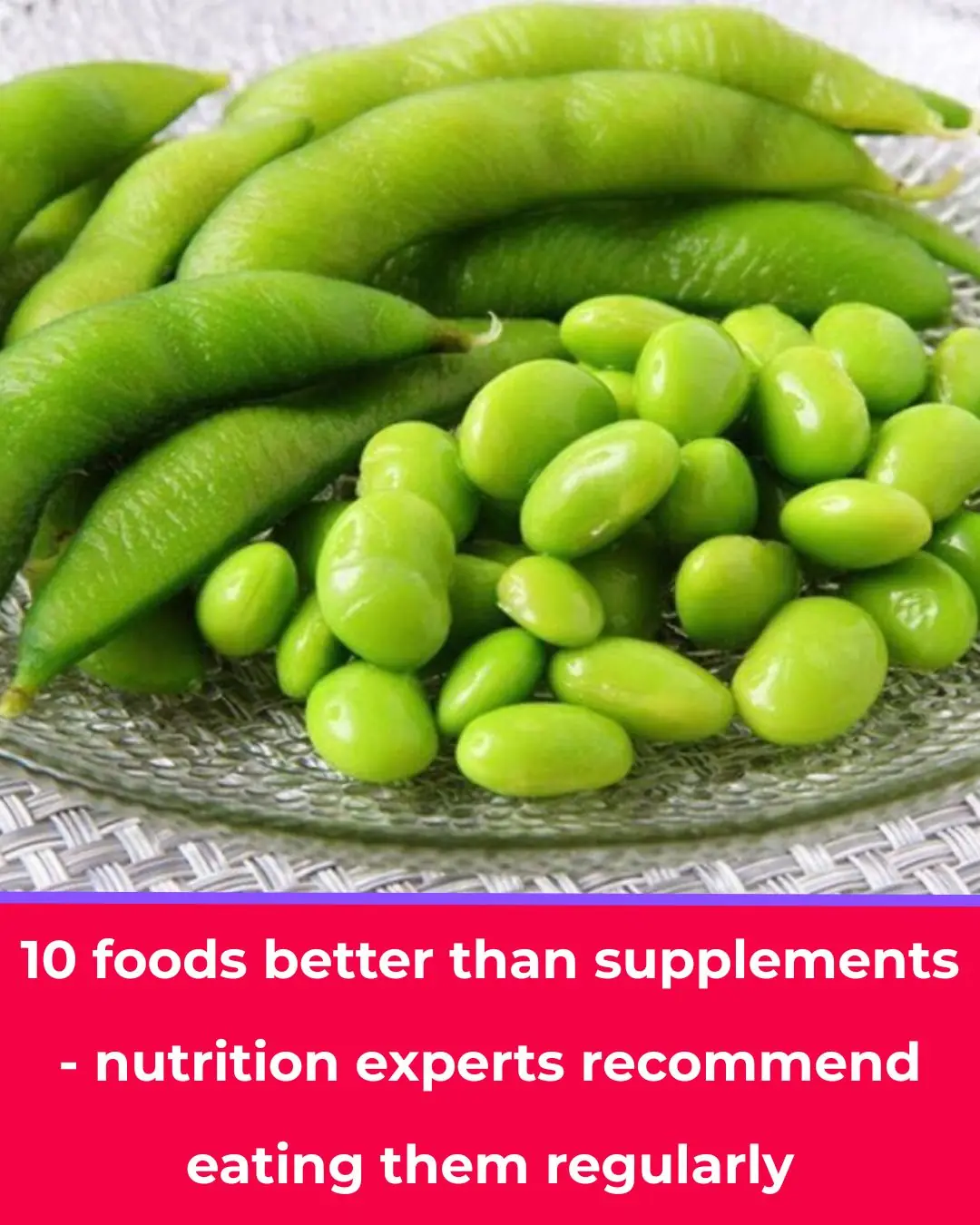
Why You Should Never Pour Boiling Water Down the Kitchen Sink
Many people believe that pouring boiling water down the kitchen sink helps dissolve grease, remove odors, and keep the drain clear. While this may seem like an easy cleaning hack, plumbing experts warn that this habit can actually cause significant long-term damage to your drainage system.
The Hidden Dangers of Hot Water in the Sink
1. Accelerates Pipe Aging
Most household drainage systems, especially under kitchen sinks, use PVC or plastic pipes. Although some plastics are designed to handle moderate heat, continuous exposure to boiling water can make them brittle and shorten their lifespan. According to The Spruce and Better Homes & Gardens, repeated exposure to high temperatures can weaken joints and seals, leading to leaks and costly repairs later on (The Spruce, 2023).
In other words, while hot water may seem harmless, it slowly deteriorates your plumbing from the inside out.
2. Causes Pipe Deformation and Cracks
Standard PVC pipes can typically withstand temperatures only up to 60°C (140°F). However, boiling water or even water from blanching vegetables often reaches 90–100°C (194–212°F). When such hot liquid flows through the drain, it can soften or deform the pipe walls. Over time, this may cause cracks or complete ruptures, especially in older systems or cheaper installations (Home Depot Plumbing Guide, 2022).
Worse yet, if a pipe bursts behind a cabinet or under the sink, it can lead to water leakage, swollen wooden panels, and mold growth — problems far more expensive than a quick drain fix.
Better Alternatives to Clean Greasy Drains
Instead of relying on boiling water, there are safer and more effective ways to keep your kitchen drain clean.
1. Avoid Pouring Oil or Grease Down the Sink
Cooking oils and fats may appear liquid when hot, but they solidify as they cool. Once inside the pipe, they combine with food particles to form thick, sticky buildup — one of the leading causes of household drain blockages. The Environmental Protection Agency (EPA) also warns that improper disposal of cooking grease contributes to sewer clogs and environmental pollution (EPA, 2023).
To prevent this, always pour leftover oil into a separate container and dispose of it in the trash.
2. Use Enzyme-Based Drain Cleaners
If your drain is already slowing down, enzyme cleaners are a safer choice. These products use biological enzymes to break down organic material like grease and soap scum. Unlike chemical cleaners that can corrode pipes, enzyme-based solutions are non-toxic and biodegradable.
According to Good Housekeeping, using enzyme drain cleaners once every few weeks can maintain smooth water flow without damaging your plumbing (Good Housekeeping, 2024).
3. Try Natural Cleaning Methods
A simple home remedy many homeowners swear by is “Nana’s baking soda hack.” Pour half a cup of baking soda down the drain, followed by a cup of vinegar. Let it sit for about 15 minutes, then flush with warm (not boiling) water. This method helps loosen small clogs and neutralize odors naturally — all without harming your pipes.
Final Thoughts
While boiling water can help melt grease temporarily, it’s not a sustainable or safe method for your plumbing system. Over time, it can cause pipe deformation, cracking, and costly repairs. Instead, use enzyme cleaners or gentle home remedies like baking soda and vinegar to keep your kitchen sink clean and odor-free.
In summary: A few degrees of boiling water today could lead to hundreds of dollars in plumbing repairs tomorrow.
(Sources: The Spruce, Better Homes & Gardens, Home Depot Plumbing Guide, U.S. Environmental Protection Agency (EPA), Good Housekeeping, 2022–2024.)
News in the same category

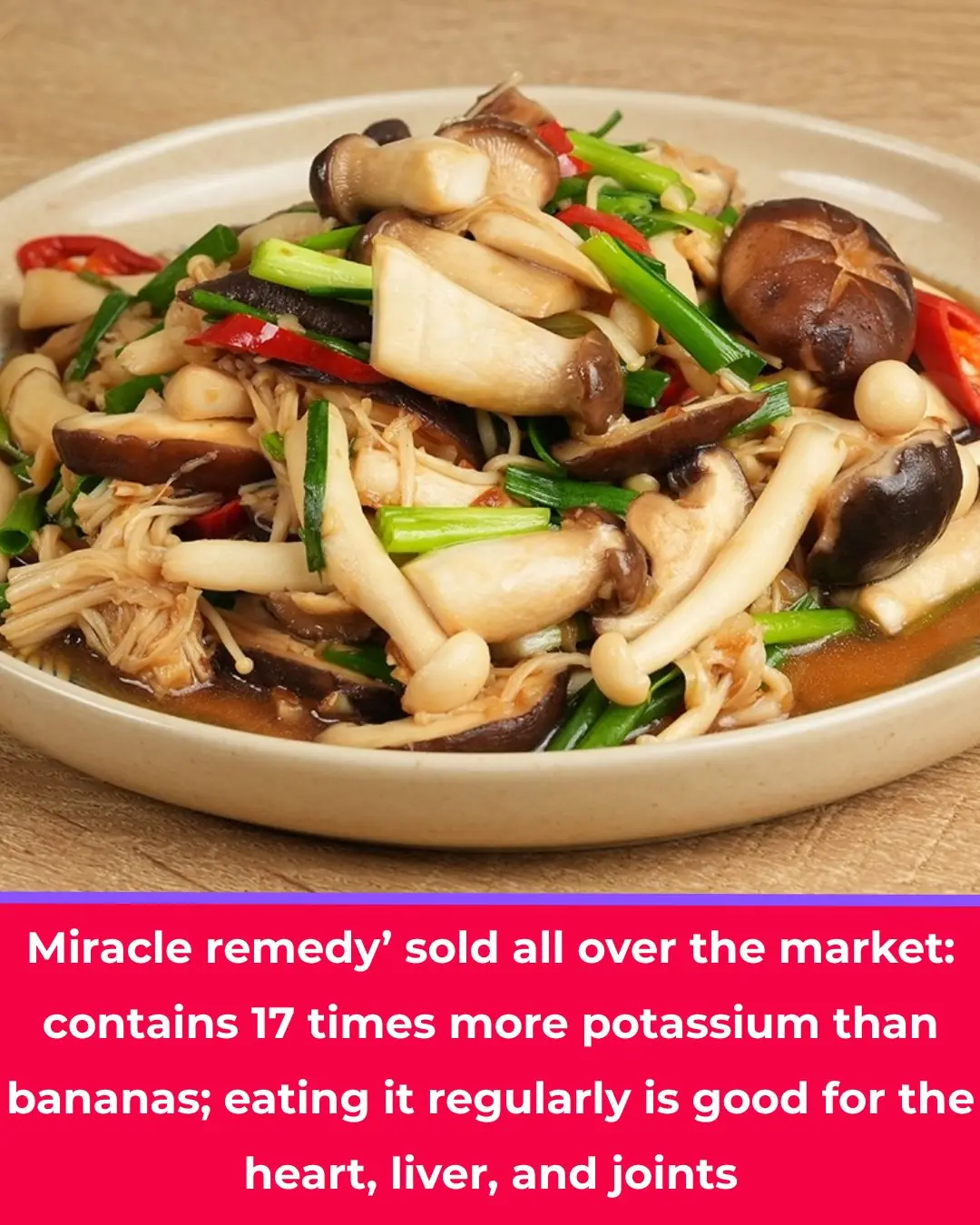
Button Mushrooms: A Humble Market Treasure Packed With 17 Times More Potassium Than Bananas
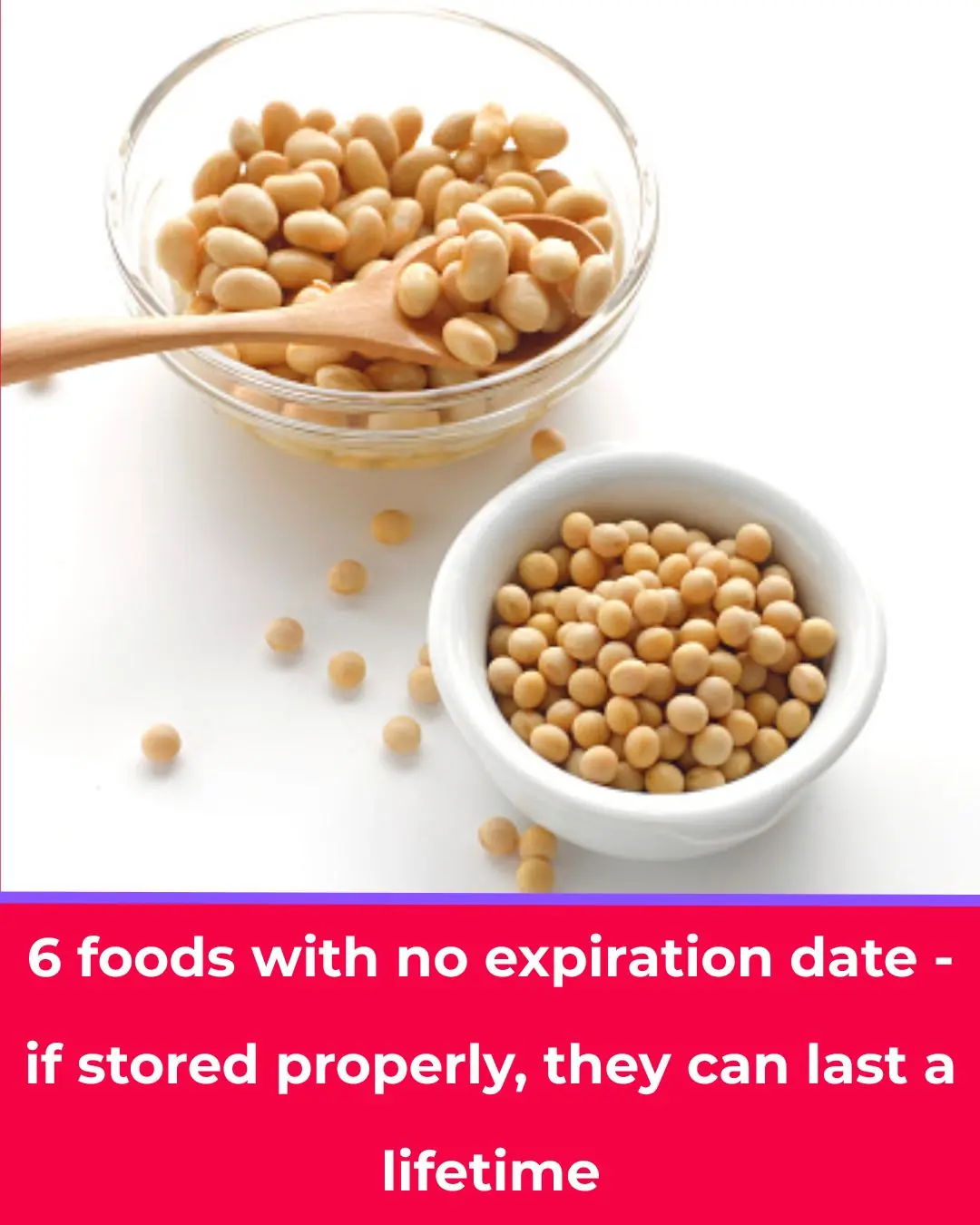
6 Foods That Never Expire If Properly Stored

Coronation Street follow-up: Will Driscoll in new grooming storyline as spoilers confirms more details of his secret

KRISTI NOEM RIPS ZACH BRYAN's NEW SONG CRITICIZING ICE ... He Responds to Backlash

‘Poop smears on the seat’: Delta reportedly apologizes after passenger endures cross-country flight next to ‘human biohazard’

Turning Point USA Announces Rival Super Bowl Halftime Show 'Anything in English' Option

Strictly star Ellie Goldstein addresses exit as she announces she and Vito will keep training together ‘until the final’

GBBO star Prue Leith reveals she’s tried weight-loss jabs: ‘I didn’t shed an ounce!’

What Is The Normal Blood Pressure For Each Age

🦶 Your Feet Are a "Blood Sugar Meter": Beware of Diabetes If You Frequently Experience These 5 Strange Symptoms

‘New Couple Alert’ on Hoda Kotb’s Photo With Kevin Costner at Super Bowl

Blurred Vision in One Eye and a Headache

George Clinton and Rodney “Darkchild” Jerkins Honored as 2025 Songwriters Hall of Fame Inductees

Angel Reese Surprises Mom for Birthday by Paying off Her Mortgage

THIS 30-YEAR-OLD FOUNDER IS BEHIND THE WORLD’S FIRST ON-DEMAND ELECTRIC VEHICLE CHARGING NETWORK

Pioneering Founder of ‘Afro Sheen,’ George Johnson, to Release Memoir at 97 Years Old

Meet the Founder of the Only Black-Owned Dog Food Company in the U.S.

Meet Kimberlé Williams Crenshaw, the Pioneering Legal Scholar Whose Work Birthed Critical Race Theory
News Post

10 Natural Foods That Outshine Supplements, According to Nutrition Experts

Button Mushrooms: A Humble Market Treasure Packed With 17 Times More Potassium Than Bananas

6 Foods That Never Expire If Properly Stored
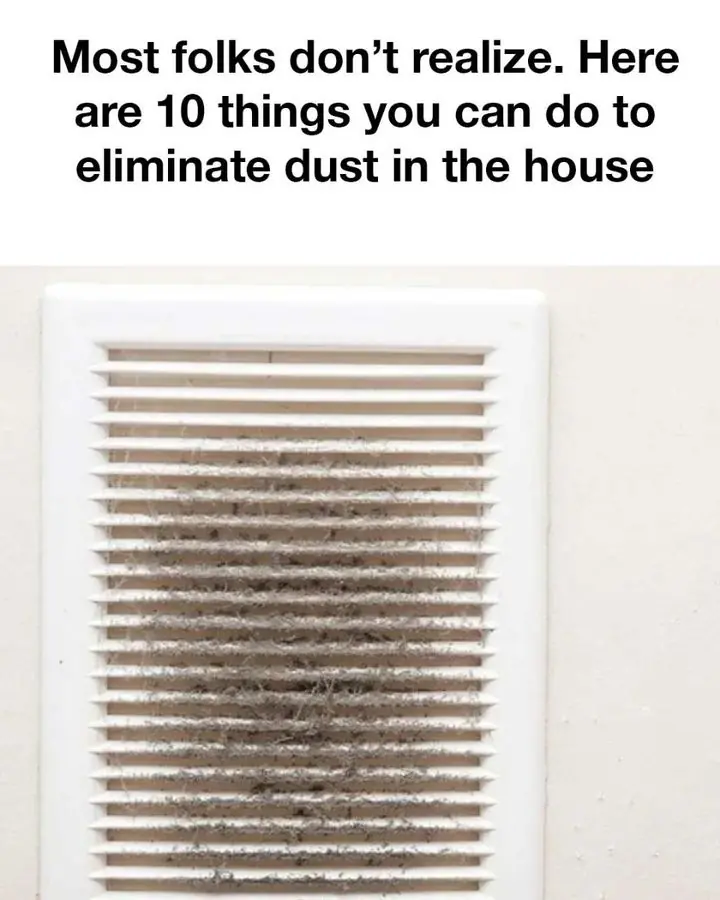
These ideas are brilliant

Coronation Street follow-up: Will Driscoll in new grooming storyline as spoilers confirms more details of his secret

KRISTI NOEM RIPS ZACH BRYAN's NEW SONG CRITICIZING ICE ... He Responds to Backlash

‘Poop smears on the seat’: Delta reportedly apologizes after passenger endures cross-country flight next to ‘human biohazard’

Homemade Body Whitening Bath Powder

How to Treat a Pimple on the Lip: Causes, Remedies, and Prevention Tips

3 Overnight Skin Lightening Treatments That Actually Work – Natural and Effective

How To Get Rid Of Large Pores From Face Naturally

Carrot, Ginger Juice Recipe Drink this regularly and you'll notice incredible changes in your body: 5 amazing benefits of this beverage 👇

Turning Point USA Announces Rival Super Bowl Halftime Show 'Anything in English' Option

Strictly star Ellie Goldstein addresses exit as she announces she and Vito will keep training together ‘until the final’
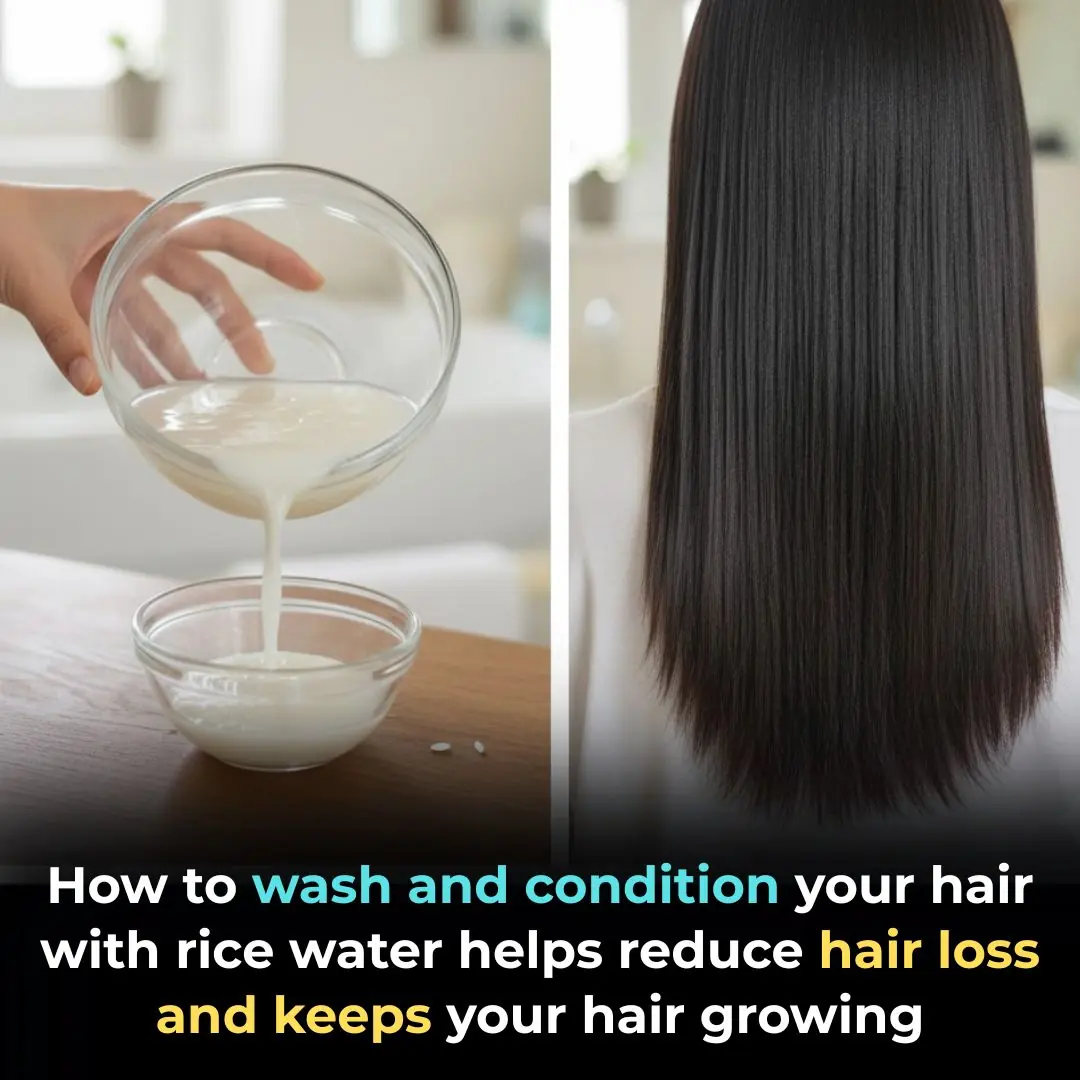
How to Wash and Condition Hair with Rice Water to Reduce Hair Loss and Boost New Hair Growth
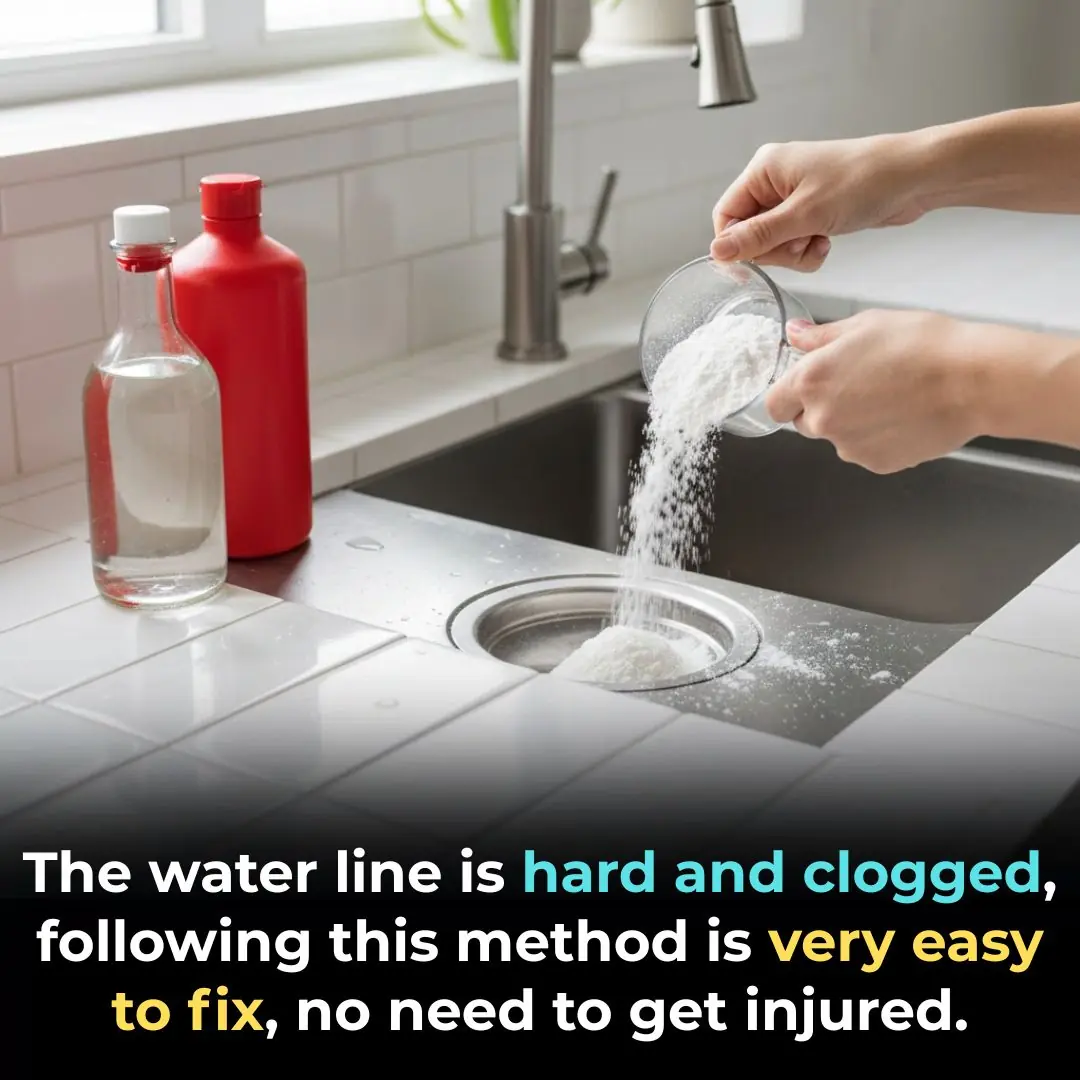
How to Easily Unclog Stubborn Drains Without Calling a Plumber

Tips for Faster Hair Growth, Reduced Hair Loss, and Shiny Hair Using Beer Hair Wash

How to Keep Geckos, Mosquitoes, Cockroaches, and Rats Out of Your Home Naturally
